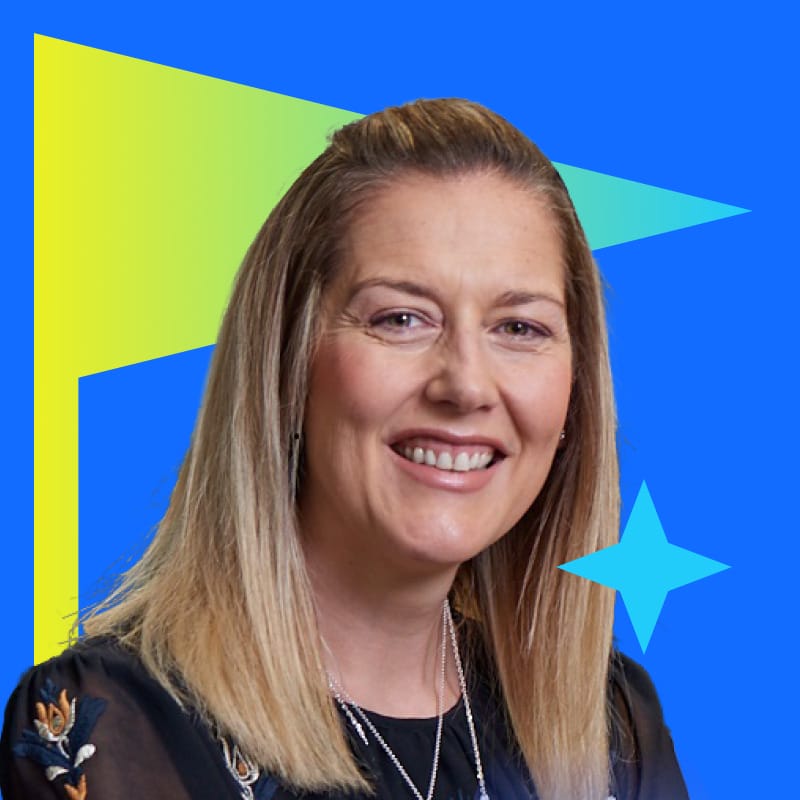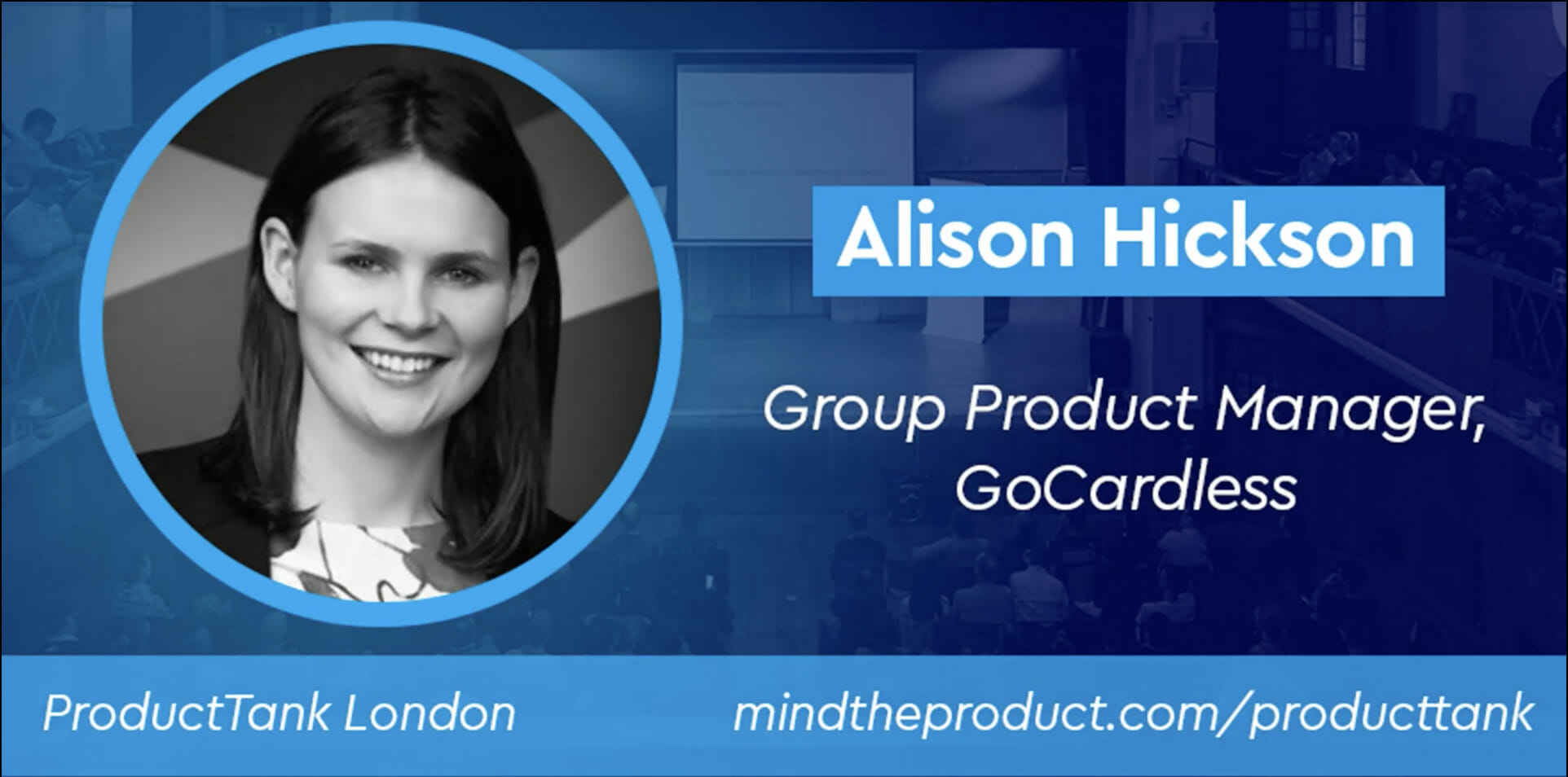Wise (formerly known as TransferWise) is a leading technology company specialising in moving and managing the world’s money. Since its founding in 2011, Wise has disrupted the traditional foreign exchange market. It has grown to over 5,500 employees and has served 12.8 million active customers in the last financial year. Wise now moves over £30 billion quarterly or around 5% of global personal cross-border volume.
This impressive growth has been fueled by dedicated platform teams focused on building internal products to enhance engineering efficiency.
Building internal products at Wise
The role of an Internal Product Manager is often underappreciated and misunderstood. Lambros Charissis, Group Product Manager at Wise, is dedicated to platform teams building the foundations that Wise runs on and maximising productivity for Wise’s development teams. Internal platforms have become a key competitive advantage which is why the industry is increasingly hiring product managers to make sure they are built the right way.
“As a Platform Product Manager, my primary customers are internal users,” says Lambros. “I engage with internal stakeholders, such as compliance, risk management, the CIO, the CTO, and engineers. My top priorities at Wise are to continuously understand their pain points and requirements, addressing them before they escalate into larger issues.”
Lambros notes that much of his role overlaps with that of an external (end-customer-facing) product manager. His time is largely spent on product discovery, identifying and sizing pain points and opportunities, aligning the platform teams’ efforts with Wise’s mission, and delivering impactful features and products. “Another key aspect of my job is advocating for internal products, as the product teams need to adopt them for them to reach their full potential,” he adds.
Overcoming challenges in a rapid environment
One of the biggest challenges for Wise’s platform teams is enabling a rapid pace of innovation while adhering to an increasingly complex regulatory landscape. “We now operate under more than 65 licences worldwide, each can come with its own set of regulations,” Lambros explains. “Our challenge is to continuously understand and adhere to compliance standards while maintaining the agility of a startup.” The goal is to balance innovation and speed without unnecessarily disrupting the developer journey.
Becoming more efficient remains a main focus area for the platform teams. Recently, they have been particularly mindful of cloud infrastructure costs. “Efficiency is a key outcome of platform teams and ultimately leads to lower fees for Wise’s customers,” Lambros explains. The challenge is to put guardrails in place without restricting product team autonomy.
Considering the pace at which Wise is growing, scaling operations is another key challenge for platform teams. “Wise has grown dramatically over the past few years. We’re adding 100,000 customers every week and now move ~5% of the personal cross-border volume globally,” Lambros says, reflecting on his three years at Wise. This growth would not have been possible without the work of the internal platform teams.
Key differences between internal and external product management
Internal and external product management roles have distinct differences. For one, internal users are more accessible and captive, without the concern of losing them to competitors, as Lambros points out. This, however, does not mean they shouldn’t be treated as customers.
Defining the product itself can be more challenging. “For instance, when looking at Wise’s software delivery pipeline, it is not that obvious whether the product is the individual tool or the overall delivery process,” Lambros explains. “Additionally, the impact of internal product teams is often indirect, making it harder to measure their contributions to the business.”
The reporting line of Wise’s platform team also differs from that of external product teams. “Platform teams typically report to the CTO rather than the CPO, as is the case at Wise,” Lambros notes. “This is because we are technical product managers and work closely with the engineering organisation.”
Usually, platform teams have fewer supporting resources. “I often find myself handling tasks that traditional product managers might delegate to analysts or UX specialists,” he explains. This means that internal product managers for platforms not only need to be technically adept, but also have a broader range of product management skills.
Product team structure at Wise
Wise’s product teams are organised around the company’s core offerings, with additional teams dedicated to functions such as Finance, Servicing, and Platform.
A typical product team at Wise comprises a product manager and a development team, including senior developers, analysts, or UX designers.
These teams operate autonomously, fostering a culture of bottom-up innovation—a key structural and cultural principle at Wise. “Highly empowered teams are the key ingredient to Wise’s success”, Lambros explains.
Among the 100 platform engineers at Wise, the platform product management team has an analyst responsible for building metrics, creating dashboards, and closely monitoring KPIs. Having a dedicated analyst in the platform engineering organisation has been a game changer and enabled the platform teams to become much more data-driven.
Keys to success in internal product management at Wise
Technical knowledge is crucial for thriving in platform product management. Lambros emphasises the importance of storytelling in demonstrating his value as a platform product manager. “As an Internal Platform Product Manager, you need to be able to articulate the impact of your platform work to non-technical stakeholders”, he explains. At Wise, this impact is measured through various metrics, including productivity improvements, platform reliability, risk and compliance, as well as product-specific indicators like NPS scores, product adoption, and developer experience.
As this is an emerging role, it's not unusual for some platform teams to have never worked with a product manager before. Promoting your role and evangelising a product mindset is another key to success, and can be challenging and fraught with setbacks. However, if you stay determined and earn the trust of the teams, the effort will be worthwhile.
Discover additional product profiles below
Persona
Executive product leader
with Amanda Grant, OneAdvanced

Persona
User champion
with Ben Hollinsworth, Alto

Persona
AI Pioneer
with Francesca Buckland, Clarivate

Persona
Growth product leader
with Quincy Hunte, Qatar Airways

Persona
Corporate AI leader
with Etienne Martin, Algolia









Comments
Join the community
Sign up for free to share your thoughts